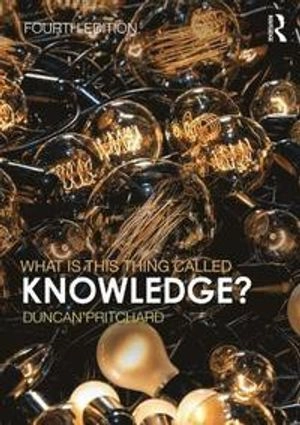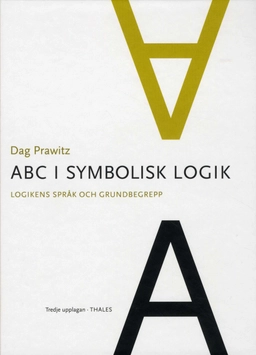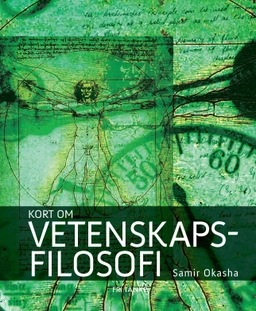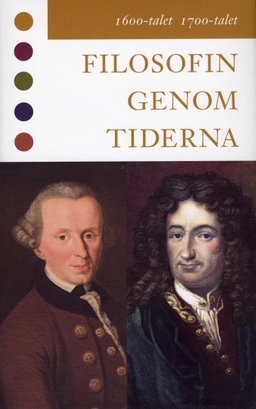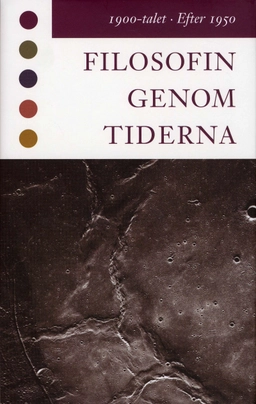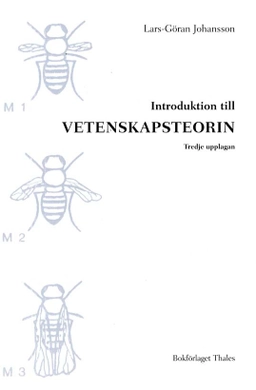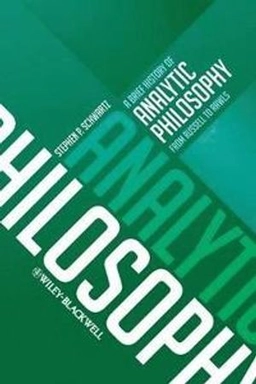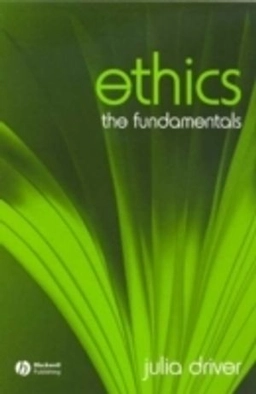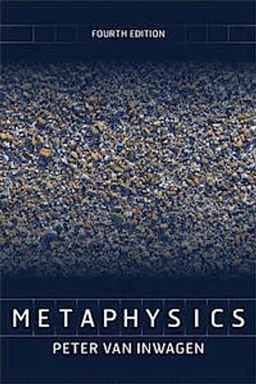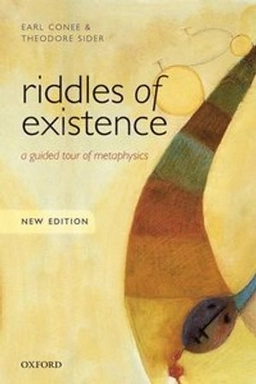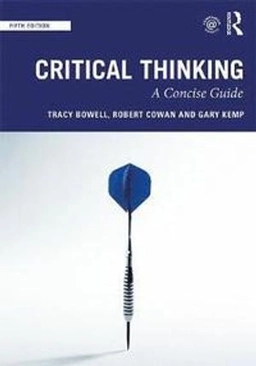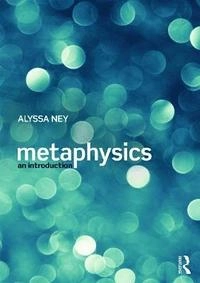What is knowledge? Where does it come from? What kinds of knowledge are there? Can we know anything at all? What is the practical relevance of learning about epistemology?
This lucid and engaging introduction grapples with these central questions in the theory of knowledge, offering a clear, non-partisan view of the main themes of epistemology. Both traditional issues and contemporary ideas are discussed in twenty easily digestible chapters, each of which conclude with a useful summary of the main ideas discussed, study questions, annotated further reading and a guide to internet resources.
Each chapter also features text boxes providing bite-sized summaries of key concepts and major philosophers, and clear and interesting examples are used throughout. The book concludes with an annotated guide to general introductions to epistemology, a glossary of key terms, and a summary of the main examples used in epistemology. This an ideal first textbook in the theory of knowledge for undergraduates coming to philosophy for the first time.
The fourth edition has been revised and updated throughout and features four new chapters on applied epistemology, covering the relationship between the theory of knowledge and technology, education, law, and politics. In addition, the text as a whole has been refreshed to keep it up to date with current developments.
Åtkomstkoder och digitalt tilläggsmaterial garanteras inte med begagnade böcker
